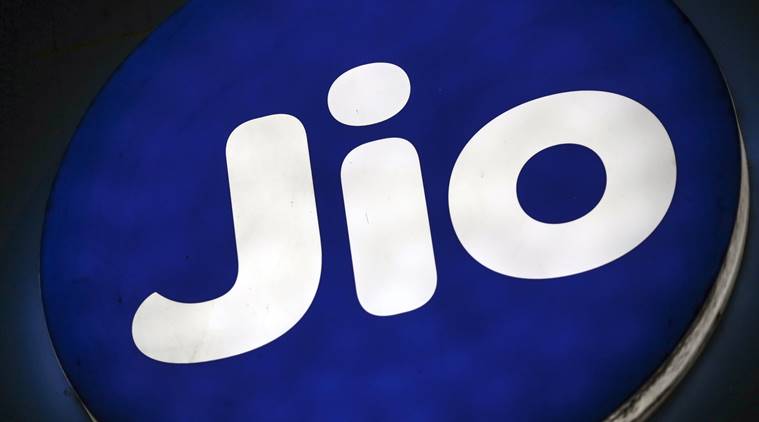Chennai, NFAPost: Sophos, a global leader in next-generation cybersecurity, has announced the availability of Sophos Rapid Response, an industry-first, fixed-fee remote incident response service that identifies and neutralises active cybersecurity attacks throughout its entire 45-day term of engagement.
Sophos Rapid Response provides organisations with a dedicated 24/7 team of incident responders, threat hunters and threat analysts to quickly stop advanced attacks and remove adversaries from their networks, minimising damage and costs, and reducing recovery time.
Sophos Rapid Response has identified the first known use of the Buer malware dropper to deliver ransomware. In new research published from Sophos Rapid Response and SophosLabs, “Hacks for Sale: Inside the Buer Loader Malware-as-a-Service,” Sophos details how Buer compromises Windows PCs, and enables attackers to deliver a payload.
Sophos Rapid Response made the discovery while mitigating a recent Ryuk ransomware attack, which was detected and stopped as part of a wave of Ryuk attacks using new tools, techniques and procedures. In this incident, the relentless attackers used a new variant of Buer in an attempt to launch Ryuk ransomware, before expanding their efforts to mix the use of Buer with other types of loader malware.
“When you’re hit with an attack, time is of the essence. Every minute between initial compromise and neutralization counts as adversaries race through the attack lifecycle,” said Joe Levy, chief technology officer at Sophos. “Advanced attacks can quickly halt business operations, and IT managers who have experienced ransomware first hand know this all too well, reporting the need to spend proportionately more time on incident response and less time on threat prevention than those who haven’t been hit. Sophos Rapid Response disrupts active attacks, eliminating the complex and time consuming process of stopping determined attackers, so organisations can get back to their normal operations faster.”
Sophos Rapid Response neutralises a wide range of security incidents, including ransomware, network breaches, hands-on keyboard adversaries, and more. The Sophos Rapid Response team can be onboarded and activated within hours, and the majority of attacks triaged within 48 hours.
“This year, devastating ransomware attacks have unfortunately been a gold rush for cybercriminals, and it’s unlike anything the cybersecurity industry has ever experienced. Nearly 85% of the attacks that Sophos Rapid Response has been involved in thus far included ransomware – notably Ryuk, REvil and Maze – and I can say with confidence that most of the other attacks that we were called in to stop would have also resulted in ransomware had we not acted so quickly,” said Sophos incident response manager Peter Mackenzie.
“Readily accessible tools make it possible for attackers to net bigger pay-outs in one week’s worth of work than most people will make in their lifetime. Criminals infiltrate networks and stealthily plan their attacks in the background, before strategically launching ransomware as the final payload – often during the overnight hours when no one is watching in order to execute on as many machines as possible. Sophos Rapid Response takes immediate action to extinguish the fire, which in the case of a hospital that we helped this month after it was hit by Ryuk ransomware and forced to shut down, meant the difference of life or death,” he added.
Sophos Rapid Response is part of Sophos Managed Threat Response (MTR), a global team that provides proactive, fully-managed threat hunting, detection and response services. As one of the industry’s most widely used managed detection and response (MDR) services with more than 1,400 customers, Sophos MTR stands apart with its ability to proactively take action on an organisation’s behalf to mitigate threats in real time.
Once immediate threats are neutralised during a Rapid Response engagement, the Sophos Rapid Response program shifts to continuous monitoring with around-the-clock proactive threat hunting, investigation, detection, and response from the Sophos MTR team. A threat investigation report details discoveries made, actions taken and other remediation recommendations, helping organizations understand attack origination as well as what assets were compromised, and data accessed and exfiltrated.
“Cyberattacks are getting worse and more sophisticated. As we’ve seen this year, no one is off limits, even in a time of crisis. Organisations need to ready themselves as more than 85% of security professional survey respondents typically tell IDC that they have experienced at least one security breach in the past two years that involved the spending of significant extra resources to rectify,” said IDC program vice president Frank Dickson.





